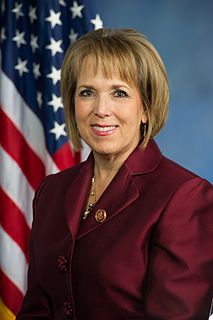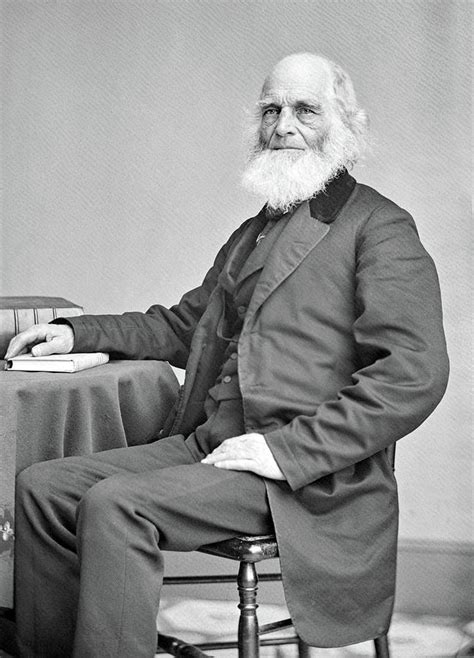A Quote by Rutherford B. Hayes
No officer should be required or permitted to take part in the management of political organizations, caucuses, conventions, or election campaigns. Their right to vote and to express their views on public questions, either orally or through the press, is not denied, provided it does not interfere with the discharge of their official duties. No assessment for political purposes on officers or subordinates should be allowed.
Quote Topics
Allowed
Assessment
Campaigns
Conventions
Denied
Discharge
Does
Duties
Either
Either Or
Election
Express
Interfere
Management
Officer
Officers
Official
Organizations
Part
Permitted
Political
Press
Provided
Public
Purposes
Questions
Required
Right
Right To Vote
Should
Subordinates
Take
Through
Views
Vote
Related Quotes
The same individuals who are doing primary research in the role of humans on the climate system are then permitted to lead the [IPCC] assessment! There should be an outcry on this obvious conflict of interest, but to date either few recognize this conflict, or see that since the recommendations of the IPCC fit their policy and political agenda, they chose to ignore this conflict. In either case, scientific rigor has been sacrificed and poor policy and political decisions will inevitably follow.
Officeholders are the agents of the people, not their masters. Not only is their time and labor due to the government, but they should scrupulously avoid in their political action, as well as in the discharge of their official duty, offending by a display of obtrusive partisanship their neighbors who have relations with them as public officials.
The stranger in ancient Israel did not serve as a judge, although he received all the benefits of living in the land. The political question is this: By what biblical standard is the pagan to be granted the right to bring political sanctions against God's people? We recognize that unbelievers are not to vote in Church elections. Why should they be allowed to vote in civil elections in a covenanted Christian nation? Which judicial standards will they impose? By what other standard than the Bible?
Because of tax laws governing charities, including almost every single civil rights organization you've ever heard of, including the NAACP, the Urban League, the ACLU, and others, those organizations are not allowed to endorse political candidates or use their resources in political campaigns of any kind.
I don't feel like I possess a particular political intelligence, and when I read work that does, I feel like somebody else is going to have the right political thing to say. As a citizen, I feel an enormous need to respond, and immediately post-election, I felt like, What is my work worth? Should I quit what I'm doing and go work on the 2018 election now? How is what I'm putting into the world meaningful?
Organizational Development: The New Christian Right of the 1980s was dominated by paper organizations that were essentially the mailing lists of a handful of politicized ministers. Such organizations were better at issuing press releases than doing the hard work of political mobilization and advocacy. By contrast, the movement of the 1990s has generated a plethora of grass-roots organizations that allocate meaningful responsibilities to individual members. The goal is to create an army of grassroots activists who know how to stimulate political change.
The Constitution guarantees protection to property, and we must make that promise good. But it does not give the right of suffrage to any corporation. It is necessary that laws should be passed to prohibit the use of corporate funds directly or indirectly for political purposes; it is still more necessary that such laws should be thoroughly enforced.
The right to discuss freely and openly, by speech, by the pen, by the press, all political questions, and to examine the animadvert upon all political institutions is a right so clear and certain, so interwoven with our other liberties, so necessary, in fact, to their existence, that without it we must fall into despotism and anarchy.
There are questions as to whether it should even exist. Who should corporations be responsive to, the management of a corporation? Theoretically they are responsive to the shareholders, but I why not to the so - called stakeholders, the work force and the community? Nothing in economic theory opposes that. Those are social and political decisions.
The Baltic republics have invented something totally new. Do you know what? They use the word 'non-citizens' for people who have been living for decades in the territory of Baltic states and have been deprived of a number of political rights. They cannot participate in the election campaigns; they have limited political and social rights. Everybody keeps quiet about it, as if this is the way it should be. Of course, this cannot but cause a certain reaction.
































